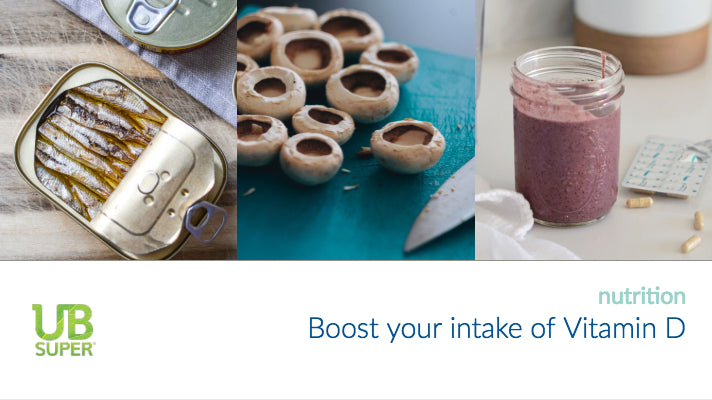- bone loss
- psoriasis
- kidney disease
- lung disorders
- thyroid problems
- diabetes
- stomach and intestinal problems
- heart disease
- Animal sources. Vitamin D3 is naturally derived from many animal foods, including fish, eggs, and cod liver oil. Dairy milk is also fortified with vitamin D, typically 400 IU of vitamin D per quart.
- Plant sources. Fortunately, there is a non-animal source of vitamin D3! In 2012, one particular strain of Scandavian lichen was discovered to contain vitamin D3 as cholecalciferol at levels rivaling animal sources. A lichen is an organism composed of both a fungus and an algae living together. Other plant sources of vitamin D, including mushrooms, offer only vitamin D2 as ergocalciferol, which is not as easily utilized by the human body. Non-dairy milk alternatives are commonly fortified with vitamin D3.
- Sunshine. The human body naturally manufactures vitamin D3 in the skin as a response to sun exposure. Exposure to as little as 10 minutes of sunshine every day may prevent deficiency. Be aware that sunshine through the window doesn’t facilitate the manufacture of vitamin D, and too much sun exposure increases your risk of skin cancers.
- Supplements. Supplements are a reliable way to boost your vitamin D3, particularly if you are vegetarian, vegan, or you cannot get adequate sunlight. Consider products which supply your body with vitamin D3 as cholecalciferol for optimal nutrient absorption.

